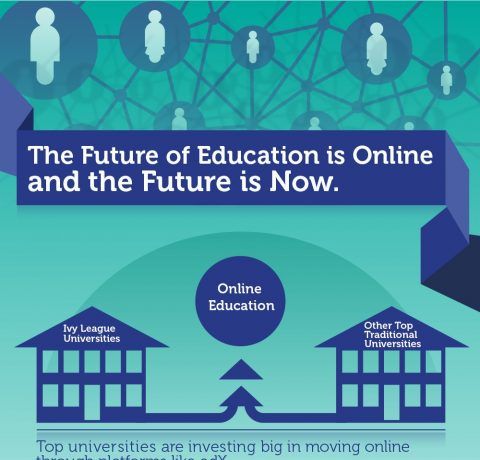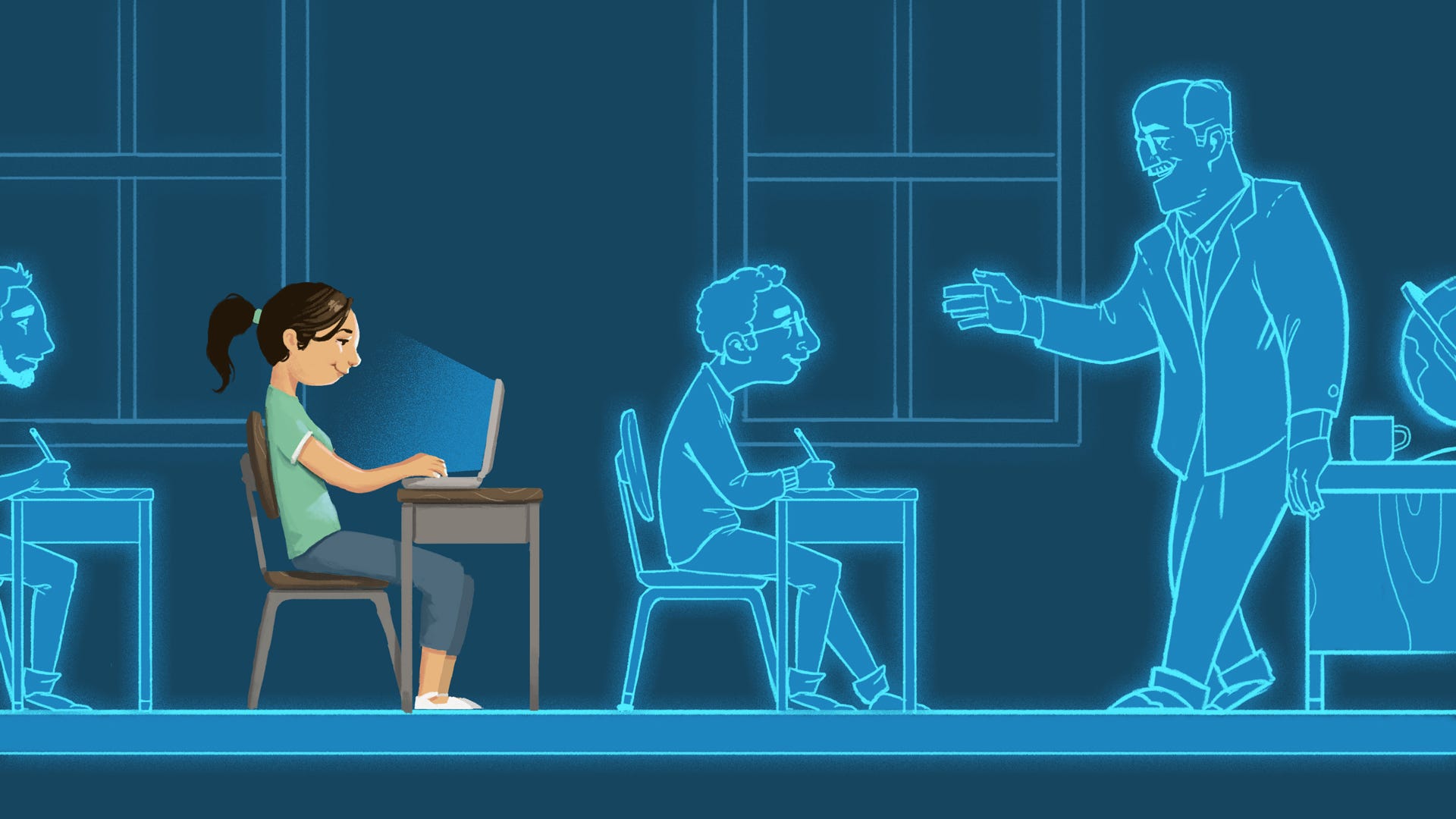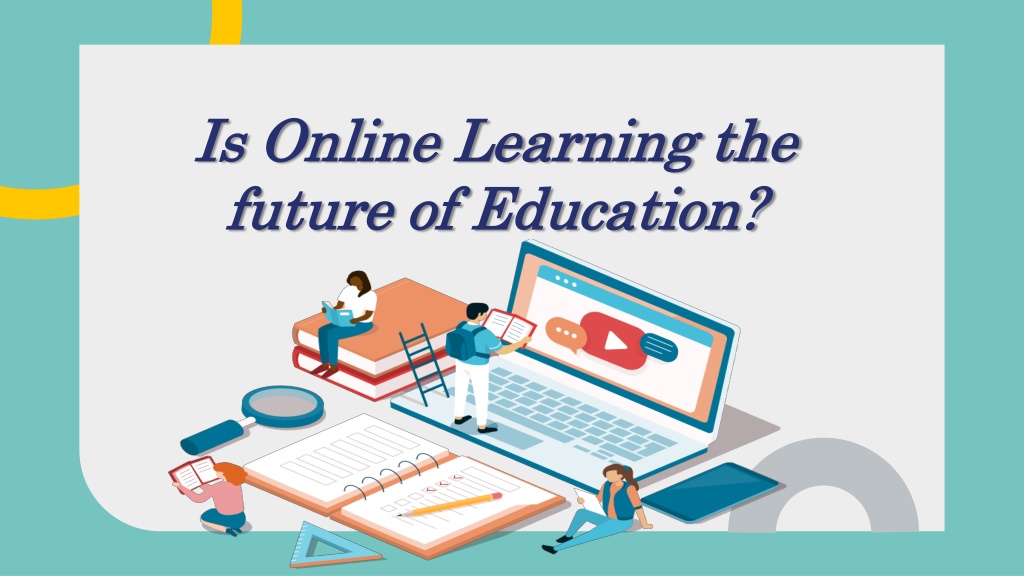26, Jan 2024
After 2025: Online Education’s Future
After 2025: Online Education’s Future
Related Articles: After 2025: Online Education’s Future
- DOE Fuel Cell Targets 2025: A Comprehensive Outlook
- NEAR Price Prediction 2025: A Comprehensive Analysis
- 2025 Subaru Outback: The Ultimate Adventure-Ready Crossover
- Current Boston Marathon Qualifying Times: A Comprehensive Guide
- 2025 Mercedes-Benz GLE Coupe PHEV: A Harmonious Fusion Of Power And Efficiency
Introduction
In this auspicious occasion, we are delighted to delve into the intriguing topic related to After 2025: Online Education’s Future. Let’s weave interesting information and offer fresh perspectives to the readers.
Table of Content
Video about After 2025: Online Education’s Future
After 2025: Online Education’s Future

Introduction
The landscape of education is undergoing a transformative shift, propelled by the advent of technology and the increasing accessibility of the internet. Online education, once considered a niche alternative, is now poised to become the dominant mode of learning in the post-2025 era. This article explores the anticipated advancements and implications of online education beyond 2025, shedding light on its potential to revolutionize the way we learn and acquire knowledge.
Technological Advancements
The technological advancements of the coming years will play a pivotal role in shaping the future of online education. Artificial intelligence (AI) and machine learning (ML) algorithms will enhance personalized learning experiences by tailoring content and assessments to individual student needs. Virtual and augmented reality (VR/AR) technologies will immerse learners in interactive and immersive environments, fostering a more engaging and hands-on approach to education.
Increased Accessibility
Online education has the potential to break down traditional barriers to learning, making it accessible to a broader range of individuals. With the proliferation of high-speed internet and mobile devices, students from remote areas, those with disabilities, and individuals with busy schedules will have the opportunity to pursue their educational goals. Online platforms will also offer flexible learning options, allowing students to study at their own pace and on their own terms.
Personalized Learning
One of the key advantages of online education is its ability to provide personalized learning experiences. AI-powered systems can track student progress, identify areas of weakness, and recommend targeted interventions. This tailored approach ensures that each student receives the support and guidance they need to succeed. Additionally, online platforms offer a wide range of learning resources and materials, allowing students to customize their learning journey based on their interests and goals.
Collaboration and Community
Online education does not have to be an isolating experience. Collaborative learning platforms foster a sense of community among students, enabling them to connect with peers, share ideas, and work together on projects. Virtual discussion boards, video conferencing tools, and social media groups will facilitate meaningful interactions and peer-to-peer support. This collaborative environment promotes critical thinking, problem-solving, and the development of interpersonal skills.
Cost-Effectiveness
Online education has the potential to be more cost-effective than traditional face-to-face instruction. The elimination of physical infrastructure costs, such as classrooms and lecture halls, can significantly reduce the overall cost of education. Additionally, online platforms offer flexible payment options, making it more affordable for students to pursue higher education.
Global Reach
Online education transcends geographical boundaries, connecting students with educators and institutions from around the world. This global reach provides learners with access to a wider range of courses, programs, and perspectives. It also fosters cross-cultural exchange and understanding, preparing students to thrive in an increasingly interconnected world.
Challenges and Considerations
Despite its transformative potential, online education faces several challenges that need to be addressed in the post-2025 era.
- Digital Divide: Ensuring equitable access to online education for all students, regardless of their socioeconomic background or location, remains a critical challenge.
- Quality Assurance: Maintaining high standards of quality in online education is essential to ensure that students receive a rigorous and effective learning experience.
- Teacher Training: Educators need to be equipped with the skills and knowledge to effectively teach in an online environment.
- Social and Emotional Development: Online education may need to find ways to foster social and emotional development, which are often facilitated through face-to-face interactions.
Conclusion
Online education is poised to revolutionize the way we learn and acquire knowledge in the post-2025 era. Technological advancements, increased accessibility, personalized learning, collaboration and community, cost-effectiveness, and global reach will drive the adoption and expansion of online education. However, it is crucial to address the challenges and considerations associated with online education to ensure equitable access, quality assurance, and a well-rounded learning experience. By embracing the transformative power of online education, we can create a more inclusive, accessible, and effective education system that empowers learners to thrive in the 21st century and beyond.








Closure
Thus, we hope this article has provided valuable insights into After 2025: Online Education’s Future. We hope you find this article informative and beneficial. See you in our next article!
- 0
- By admin